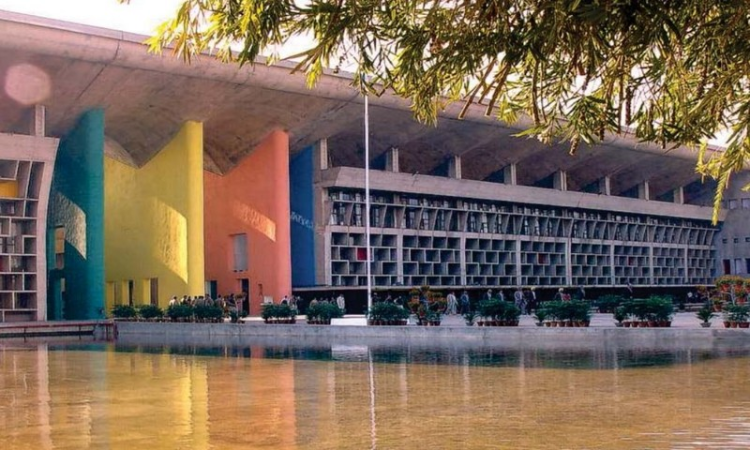'Institutions Can't Be Permitted To Indulge In Profiteering': Punjab & Haryana High Court Upholds GO Directing Private Schools In Chandigarh To Publish Balance Sheets On Their Websites
Akshita Saxena
29 May 2021 5:54 PM IST

Next Story
29 May 2021 5:54 PM IST
